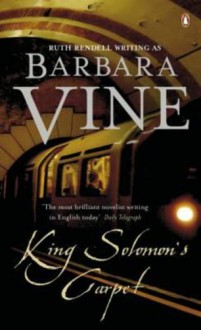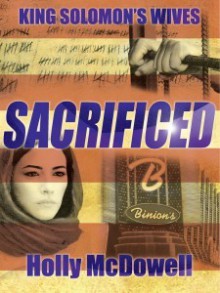
I was only familiar with this story from the '80s Hollywood version, which I had been told was drastically different from the book. Sure enough, it absolutely was. So much of it is utterly different as to be (nearly) a different story. But anyway...
Putting aside the problems we may find in Victorian literature with how it portrays Africans versus Europeans...
This was apparently the first "Lost World" novel, and for that I guess I need to acknowledge that it's a significant landmark. It's also the only "Lost World" novel I have read (though I have seen plenty of movies!), so I guess everything that seems to me cliche was established with this novel, and that's something that's really rather significant and astounding.
However, sometimes being first isn't necessarily being best. This story was apparently written on a dare to try to write something "half" as good as Treasure Island. Well, Haggard is no Robert Louis Stevenson. And I must say that, though I haven not read Conan Doyle's The Lost World, I have read all the Holmes stories, and I would put money on The Lost World being a superior type of this genre. Haggard's story feels like too much adventure cliche, too much glossing over seemingly important details (to keep it short enough to publish in the era?), and, most importantly, supreme ignorance of South Africa and the people in it. Some of the latter is excusable of the era, but some of it is utterly ridiculous. Here are two examples: chainmail (chainmail!!!) armour and the locals fighting as if they were Roman legionaries (and, bravely led by the white men, but of course). And this is all the more surprising that the man lived in South Africa for seven years prior to writing this. Maybe he didn't get out enough? And it's the details like that that really keep me from enjoying what should be a pioneering work. I just can't get my head around them.
Of historical interest (in terms of the evolution of the adventure novel) but that's about it.

 Log in with Facebook
Log in with Facebook 








